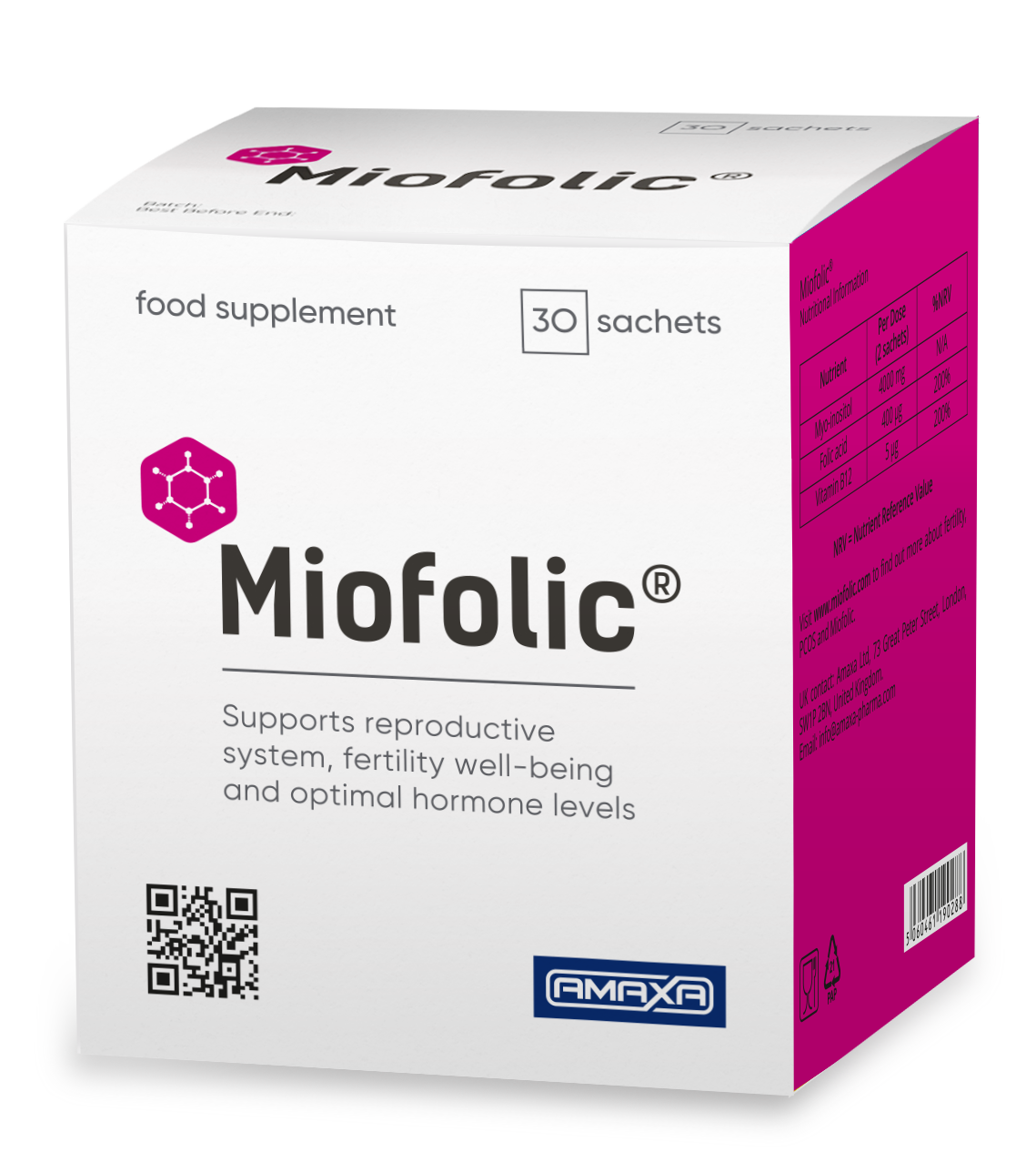Endocrine and nervous systems

When a woman becomes pregnant, she experiences significant changes in body and mind.
Her body needs to carry a baby for nine months to give life to a new human being. She might find that her goals, moods and attitudes towards herself and others are different.
The endocrine and nervous systems play one of the principal roles in the female body transformation during pregnancy. Complex mechanisms, necessary for normal fetus development and aimed at preserving the beneficial substances in the woman’s body, are launched in the brain and spinal cord. These processes also prevent premature birth by blocking nerve impulses at the level of the spinal cord.
Due to hormonal changes in the brain, the activity of the subcortical brain regions increases, and the excitability of the cerebral cortex decreases. That’s why women in the early stages of pregnancy suffer from mood swings and irritability, drowsiness, impaired concentration and increased fatigue. Also, most often in the first weeks of pregnancy, there may be nausea, dizziness, and changes in taste and olfaction. These symptoms usually disappear after the first trimester.
The cardiovascular system
During pregnancy, the mother’s body must work for two beings. The cardiovascular system is subject to changes with the addition of placental blood circulation. The heart quickly adapts to the new burden by increasing the mass of the heart muscle and cardiac output of blood. The amount of blood in the woman’s body increases, reaching a maximum up to the seventh month of pregnancy.
There are changes in the chest and volume of the lungs as the bearing on them increases.
Normally, blood pressure remains unchanged in pregnant women, but it may increase during the last trimester of pregnancy. This indicates a late toxicosis.
Taking Miofolic complex can help reduce the risk of the toxicosis developing in later stages of pregnancy.
Digestive system
Changes in the digestive system are often observed in many women in the first weeks of pregnancy. There is often nausea and vomiting in the morning, and taste preferences change. Chronic diseases can even worsen. It’s recommended, therefore, to prepare the body in advance for pregnancy.
Read tips on diet during pregnancy here.
Why is it important to prepare for pregnancy?
When a woman becomes pregnant, she experiences significant changes in body and mind. Her body needs to carry a baby for nine months to give life to a new human being. She might find that her goals, moods and attitudes towards herself and others are different. It’s important, therefore, to make sure that her body is ready to conceive, bear and give birth to a healthy baby.
Genitourinary system
There are many changes in the genitourinary system during pregnancy.
The cyclic processes and ovulation in the ovaries cease with pregnancy. In one of the ovaries, a special endocrine organ prepares the endometrium (uterine lining) to receive the embryo and ensure pregnancy development in the first 10-12 weeks. It gradually regresses and its functions move to the fetoplacental complex.
Pregnancy puts a high burden on the kidneys as they remove metabolism products from both the woman and the fetus.
With a change in progesterone level, the bladder tone may decrease, which can lead to stagnation of urine and contribute to infection in the urinary tract.
Many women have a so-called ‘duck walk’, which is associated with the softening of the pelvic junctions (malacia) and a slight split of the pubic bones.
Changes occur in the mammary glands: the amount of adipose tissue and the number of lobules increase and the blood supply improves.
The woman’s body weight increases by between 8 and 18 kilograms, due to growth of the fetus and a significant increase in the size of the uterus. During pregnancy, the uterus grows from 3-8 cm to 35 cm, and the weight (without the fetus) increases from 50-100 grams to 1,000-1,200 grams. The position of the uterus also changes. By the end of the first trimester, it goes beyond the pelvis, and by the birth it reaches the hypochondrium. Blood vessels are also expanded and cover the entire uterus.
Psychological alteration
During pregnancy, the mother to be gradually prepares mentally for the appearance of the long-awaited miracle. In the first two trimesters of pregnancy, women are often concerned about their own condition, as there are physical changes in the body. In the second trimester, the fetus begins to move and all attention transfers to it. The woman ponders over choosing a name for the baby, talks to it and gives it affectionate nicknames.
*Gynecologists recommend taking 2 sachets of Miofolic per day to improve the reproductive function of a woman and normalize the hormone balance at all stages of preparing for pregnancy, as well as for its further safe course.
